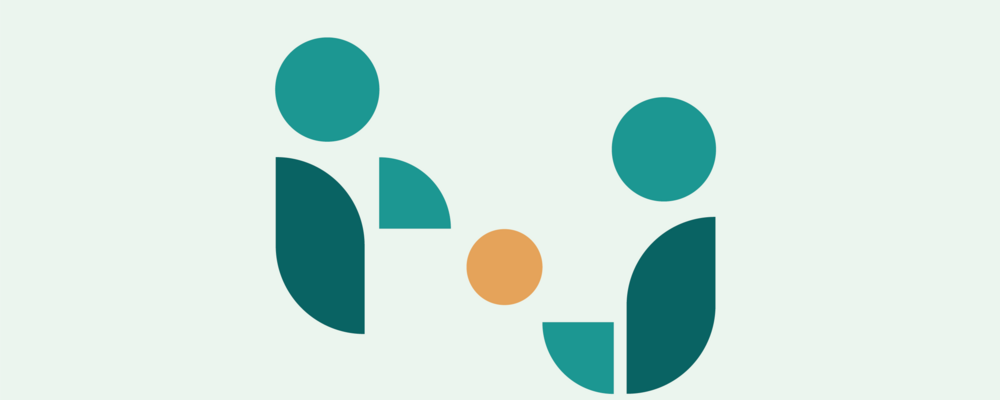
Mentorship
Are you good at organising your studies? Do you like helping others? Being a mentor means you will learn a lot and get paid for extra work where you help a student who needs study support to plan and structure their studies.
What does a mentor do?
As a mentor, you will help a student at the University of Gothenburg who needs disability study support to plan, structure and organise their studies. The mentor's role is adapted to the student's needs. For example, it may involve sorting and prioritising tasks, setting clear sub-goals and creating weekly plans.
As students receive mentoring support for a limited period of time, they need to develop their ability to study independently. Therefore, it is an important task for the mentor to support the student in finding their own strategies for coping with their studies.
How does mentorship work?
The duration of the assignment is 1.5 hours per week, if the student is a full-time student. You will meet the student once a week for about 1 hour on campus or via Zoom. In addition to the meetings, you have about 30 minutes for preparation and follow-up work. This may involve, for example, booking a group room, organising a Zoom link or writing memos.
The mentoring assignment mainly takes place during regular term time, 15 August - 15 June. The assignment to support an individual student lasts for a maximum of 44 weeks, which means a maximum of 44 meetings, if the student is studying full-time.
A student studying part-time will have fewer meetings. This also affects the scope of the mentoring assignment.
You can mentor several students if you have the time and are interested, but all these meetings are one-on-one.
Fee
The fee is based on the number of meetings between mentor and student. The number of meetings is limited to a maximum of 4 per month if the student you are mentoring is a full-time student.
The fee is SEK 250 per meeting before tax. Payment of the fee is made monthly and takes place when you have sent in a correctly completed fee form. The assignment is considered temporary and does not entitle you to unemployment benefit, sickness benefit, occupational pension or holiday pay. You will not be reimbursed for travelling time or expenses.
How do I become a mentor?
You can fill in an expression of interest form or contact the mentor coordinator if you are interested in becoming a mentor.
Please note that most students wish to get the mentoring support in Swedish. You will only be invited to an introductory meeting if there is an actual assignment where a student wish support in English.
On the introductory meeting you will receive more practical information on how to mentor a student. If you are still interested in the assignment, you fill out and submit the assignment agreement that you received from the mentor coordinator in connection with the introductory meeting.
After the introductory meeting, you may be matched with a student who needs mentoring support, and you will officially start working together at a joint meeting that the mentor coordinator invites you and the student to. You then begin your mentorship and schedule all following meetings yourselves.
What is study support for students with disabilities?
Students with a documented long-term disability can receive study support. The study support provided is designed to suit the student’s needs and can consist of many forms of adjustments. One example of study support is to have a mentor.
Contact
Mentor Coordinator
mentorskoordinator@gu.se
Victor Hillström, +4631-786 6601
Sofia Vilelind, +4631-786 6604
If you want to become a mentor or have questions about becoming a mentor, you are welcome to contact us. You can also fill in an expression of interest form.